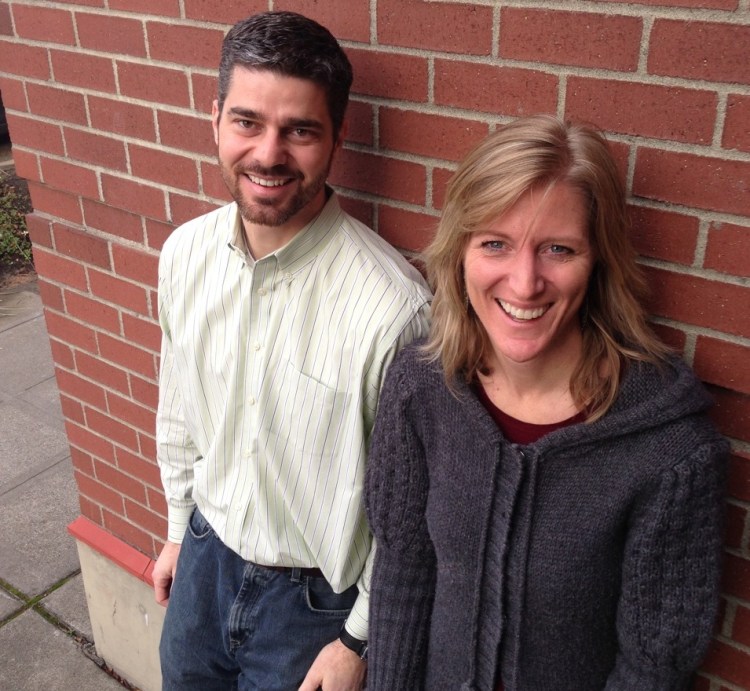A college degree just ain’t what it used to be.
Koru has secured $4.35 million in financing to grow its blended (online and offline) training program that seeks to smooth the transition from college to the workplace.
“I was shocked to see that about half of college graduates are either unemployed or are underemployed as bartenders, baristas and the like,” cofounder and CEO Kristen Hamilton told VentureBeat. “I just started talking to as many college seniors and graduates as I could and some of their stories were heartbreaking. These grads have done everything they were supposed to do — great colleges, great grades — but they are not in a position to land a good job that leads to the career they want.”
44 percent of recent college graduates are “underemployed” in America, meaning they are working in jobs that don’t require their degrees. At the same time, 50 percent of U.S. employers said they cannot find qualified entry-level hires.
A recent report from Goldman Sachs, based on Department of Labor Statistics, found that unemployment rates of college graduates has surpassed those of workers without a high school education.
Meanwhile the cost of college tuition, and consequently loan debt, are climbing at alarming rates.
Koru is a learning program that gives recent graduates the opportunity to “learn by doing.” The company partners with actively hiring employers to present grads with challenges that they might face in the workplace. It also connects participants with in-person instruction, professional mentorship, network-building opportunities, and online education that teaches various skills, tools, and techniques needed to be competitive in workplace.
“There is a gap between the education and skills taught in college and what is being asked of graduates from employers,” Hamilton said. “While employers are the ones who know best about what’s needed in the jobs that graduates will fill, they have little to nothing to say about how college students are prepared. Colleges have done a great job of teaching critical thinking skills, but there is a huge gap between what their students are learning on campus and the realities of the workplace.”
The job market, and the skills needed to thrive in it, are changing faster than higher education. The Labor Department came out with a report suggesting that 65 percent of grade school kids will have a job that hasn’t even been invented yet. Traditional educational institutions have been slow to adapt to these changes, which has led to the emergence and rise online education providers such as Udacity, Coursera, Lynda.com, and Udemy.
Koru is more limited in scope than these Massive Open Online Courses (MOOCs). It does not offer topical courses on subjects like software development or introduction to finance, and only works with recent college graduates. It takes a very focused approach to solving one particular problem with higher education.
Hamilton was a cofounder at government business intelligence company Onvia and went on to serve as COO of World Learning, a nonprofit that focuses on international education and exchange programs.
Cofounder Josh Jarrett formerly served as the head of Higher Ed Innovation for the Bill & Melinda Gates Foundation.
The company is based in Seattle and currently working with Seattle employers, including recently IPOed Zulily, Andreessen Horowitz-backed Julep, REI, and Trupanion.
Maveron led this round, with participation from Battery Ventures, First Round Capital, and a16z seed.
VentureBeat's mission is to be a digital town square for technical decision-makers to gain knowledge about transformative enterprise technology and transact. Learn More

